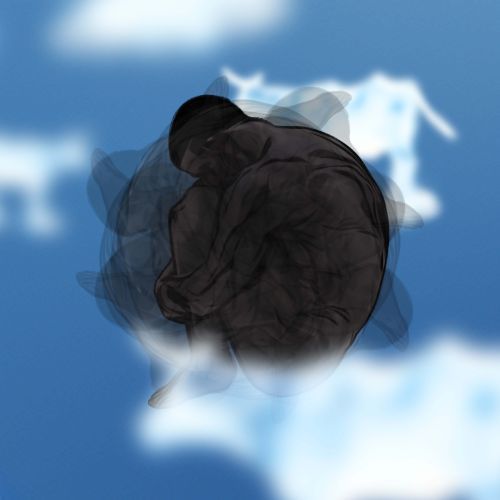NTDs and the world’s most serious infectious diseases
Neglected tropical diseases (NTDs) are a group of tropical infections common in low-income populations in developing regions of Africa, Asia and the Americas. NTDs, which affect an estimated 1.7 billion people in 149 countries, are caused by various pathogens – viruses, bacteria, protozoa and parasitic worms. They include, for example, trachoma, Chagas disease, river blindness, schistosomiasis and elephantiasis. The World Health Organisation (WHO) has classified 20 NTDs as devastating and sometimes fatal human diseases, especially if left untreated.
What are the most dangerous infectious diseases according to the World Health Organisation? In addition to COVID-19, they include Crimean-Congo haemorrhagic fever, Ebola and Marburg haemorrhagic fevers, Lassa fever, MERS-CoV coronavirus, Nipah virus, Rift Valley fever, Zika virus and “X disease”, an as yet unknown virus that may emerge in the future. The mortality rate of these diseases is up to 70% (Nipah virus); either there are no vaccines for them, or they are not yet officially approved.
“The Nipah virus is terrifying”, – says Dr Stephen Luby, professor of medicine at Stanford University. The pathogen moves quickly between animal species and humans. It first appeared in Malaysia and Singapore in the late 1990s, when commercially raised pigs contracted it from local fruit bats. The virus quickly attacked pig farmers as well. In Bangladesh, patients contracted it when they reached for the juice of date palms previously in contact with bats.


























